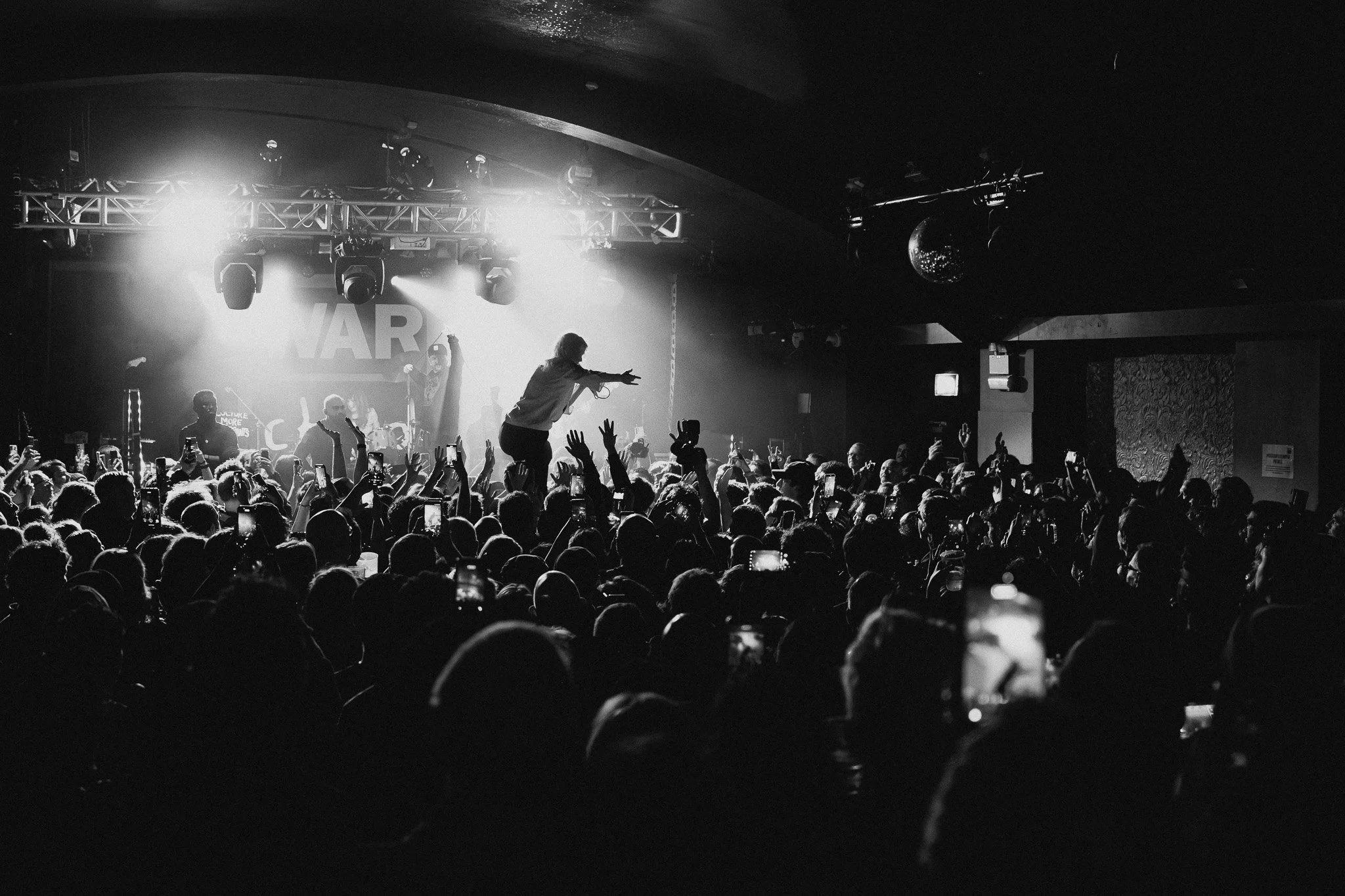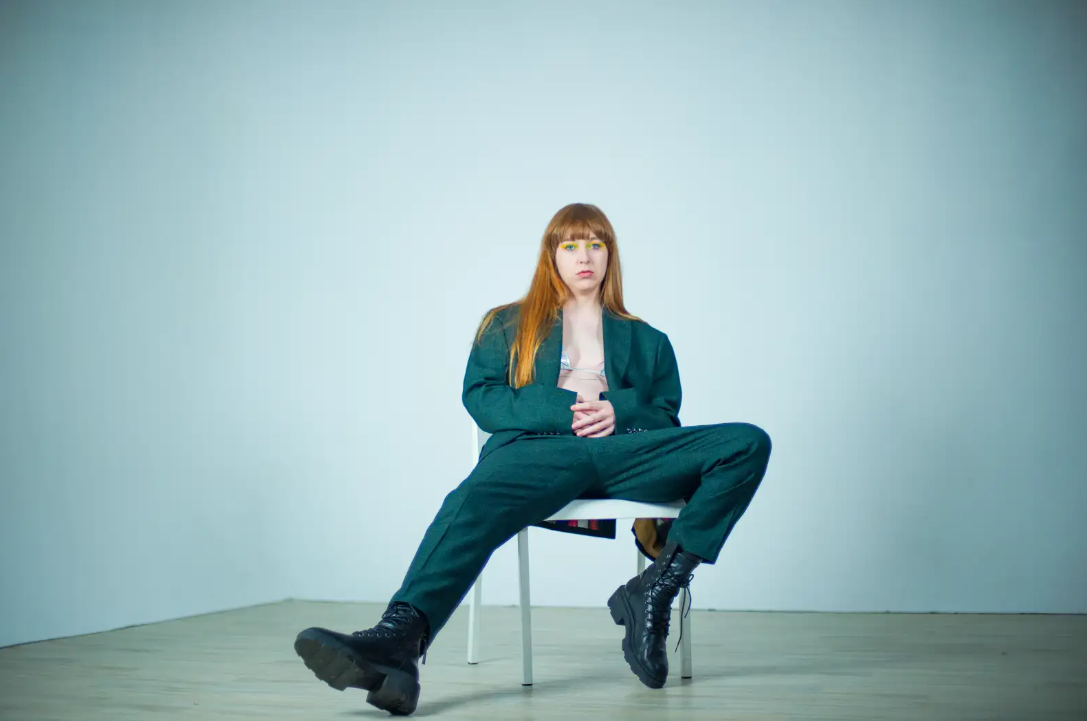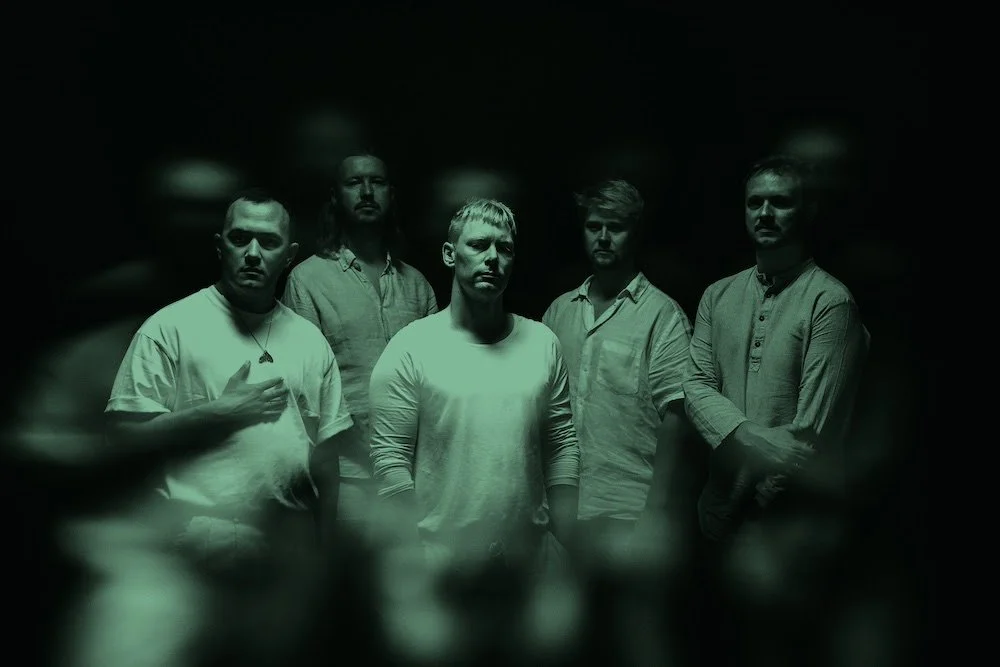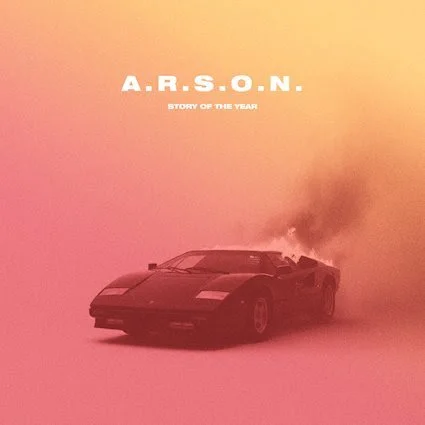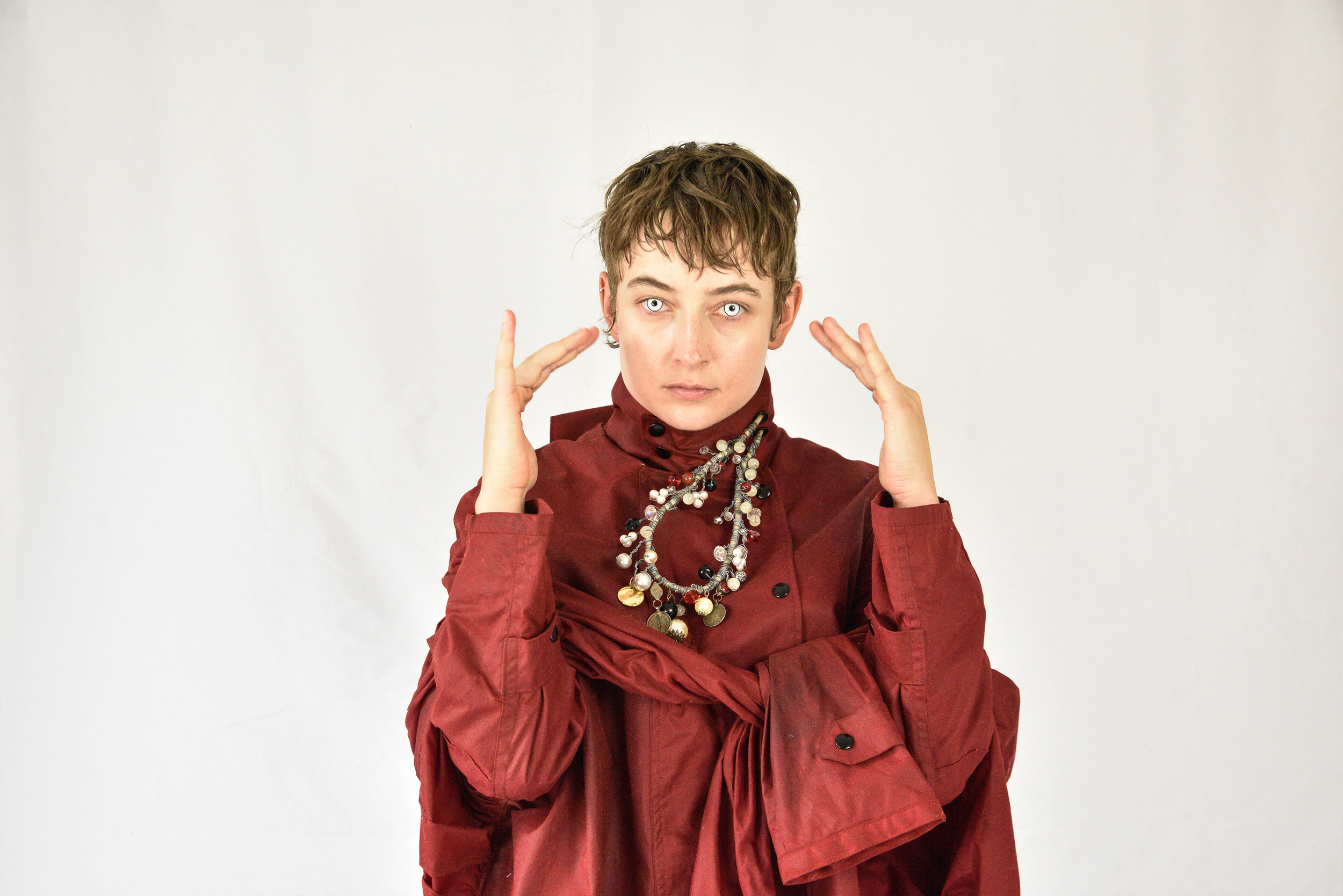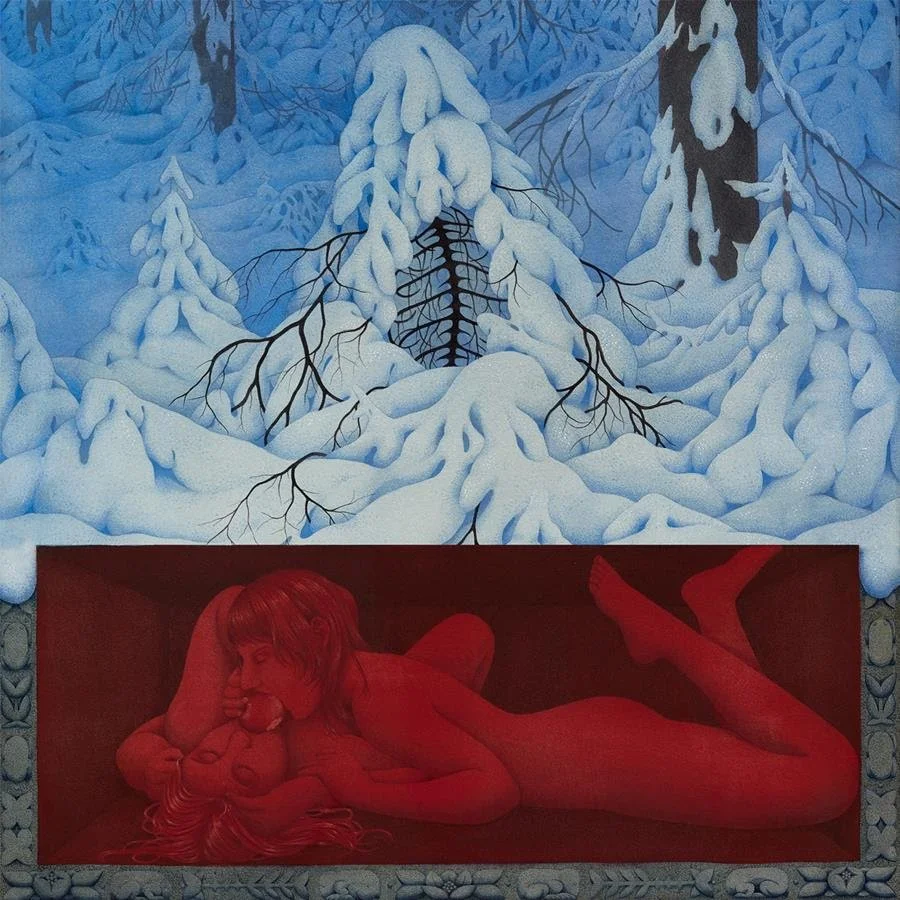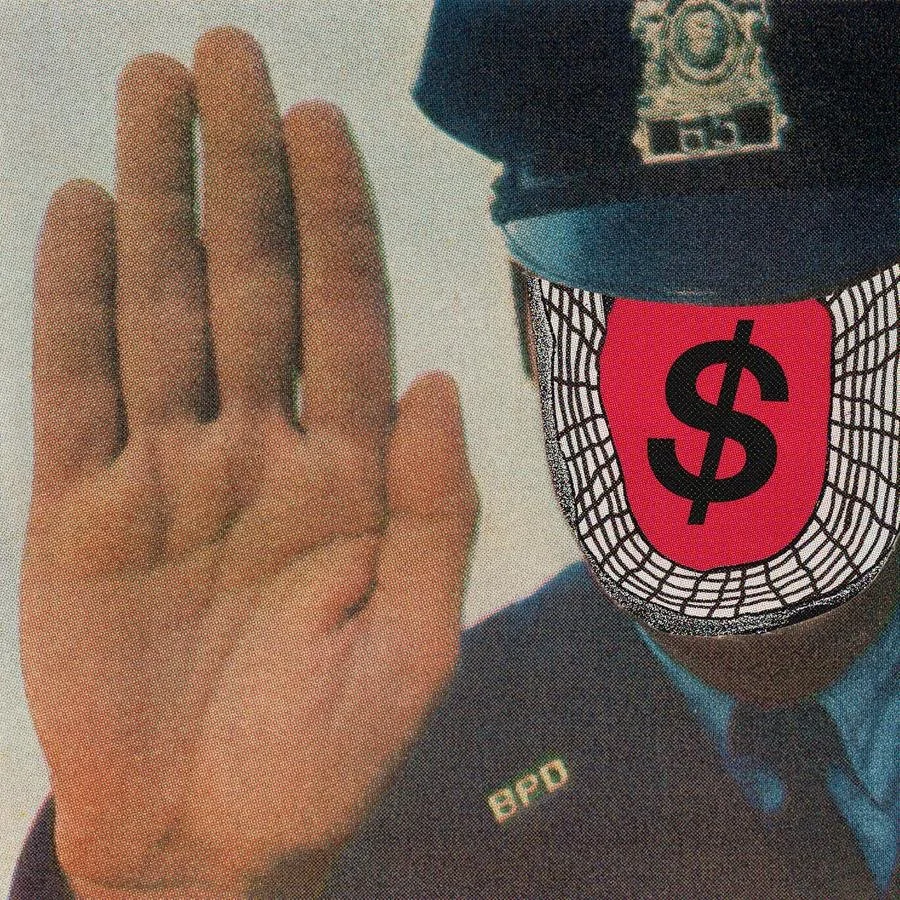Album Review: Gavin Friday – 'Ecce Homo'

13 years since his last studio album, the Irish post-punk pioneer is back with his brand-new album, a searing monument to his emotions. Behold, the return of Gavin Friday.
A multifaceted artist whose work spans music, visual art, and performance, Gavin Friday rose to prominence as the frontman of the Virgin Prunes, emerging from the same Dublin scene as U2 (with whom he has shared a lifelong bond – he was creative director of their recent Las Vegas Sphere residency).
While that band went on to become a corporate behemoth, straddling the earth with their distinctive brand of stadium extravagance, Friday trod an altogether different path. With the Virgin Prunes, he helped shape the post-punk landscape of the late '70s and early '80s with a theatrical and often provocative style – playing with notions of sexuality and gender decades before it became common to do so in mainstream discourse.
On songs like “Baby Turns Blue”, written about a girl who dies of a heroin overdose, the Virgin Prunes became notable for their experimental sound balancing dark and melodic elements. It showcased their unique ability to combine art and music, leaving a lasting impression on listeners and solidifying their status as a key player in the post-punk movement.
Friday’s solo work continued in the same vein - blending his eclectic influences, rock, pop, and avant-garde elements and collaborating along the way with fellow travellers Laurie Anderson, Hal Winer, The Fall and Cillian Murphy. Needless to say, “Ecce Homo” is much anticipated from Friday’s fans who have been waiting for new music since 2011’s subdued “Catholic”.
Joined by producer Dave Ball (of Soft Cell and The Grid fame) for the first time since “The Moon Looked Down And Laughed”, the Virgin Prunes second and final album, “Ecce Homo”’s industrial electronica pervades the album’s opening songs, before settling into something more mellow on “Stations Of The Cross” and “Lady Esquire” (which features a beat and guitar reminiscent of Berlin era Iggy and Bowie) - both somewhat welcome breathers following the full throttle openers.
Thematically, "Ecce Homo" explores complex ideas of identity, love, and existentialism, with lyrics that are both poetic and introspective. Friday’s complex relationship with Catholicism is evident throughout – though raised in the church, as with many of his contemporaries he is long since lapsed. The title track, and others like "Church of Love", are born out of the conflict of his upbringing in the catholic church and his laterlife homosexuality – defiant in the face of organised religion, the wars and demagogues it produces, he castigates its influence on society.
Musically, Friday’s voice is striking—both haunting and powerful—and his lyrics often delve into complex themes of identity and emotion. Though perhaps sometimes overwhelmed by the pulsating beats underneath, it nevertheless shines on songs like “When The World Was Young” – dedicated to childhood Dublin friends, it’s a mournful and misty eyed song of an innocence lost, but also a call to arms for today’s young to shape the world around them.
And then there is “The Best Boys In Dublin Town”, dedicated to Friday’s pet dogs who would accompany him to the studio sessions. One of the shortest and most organic songs on the album, it’s distorted acoustic guitar, and lush orchestral arrangements drive a stirring testament to his furry companions. It stands out in the same way that Queen’s “Delilah” (Freddie Mercury’s tribute to his pet cat) did on their final album “Innuendo” – both reminding us to find comfort and strength wherever we can, to endure in whatever way we must.
“Ecce Homo” will be a welcome and satisfying return for fans of Gavin Friday and indeed all those who love their music firmly left of the mainstream and who are unafraid to be challenged by complex subjects. It is your writer’s sincere wish that we do not need to wait so long before it’s followed up.
Words by Colin Rice
